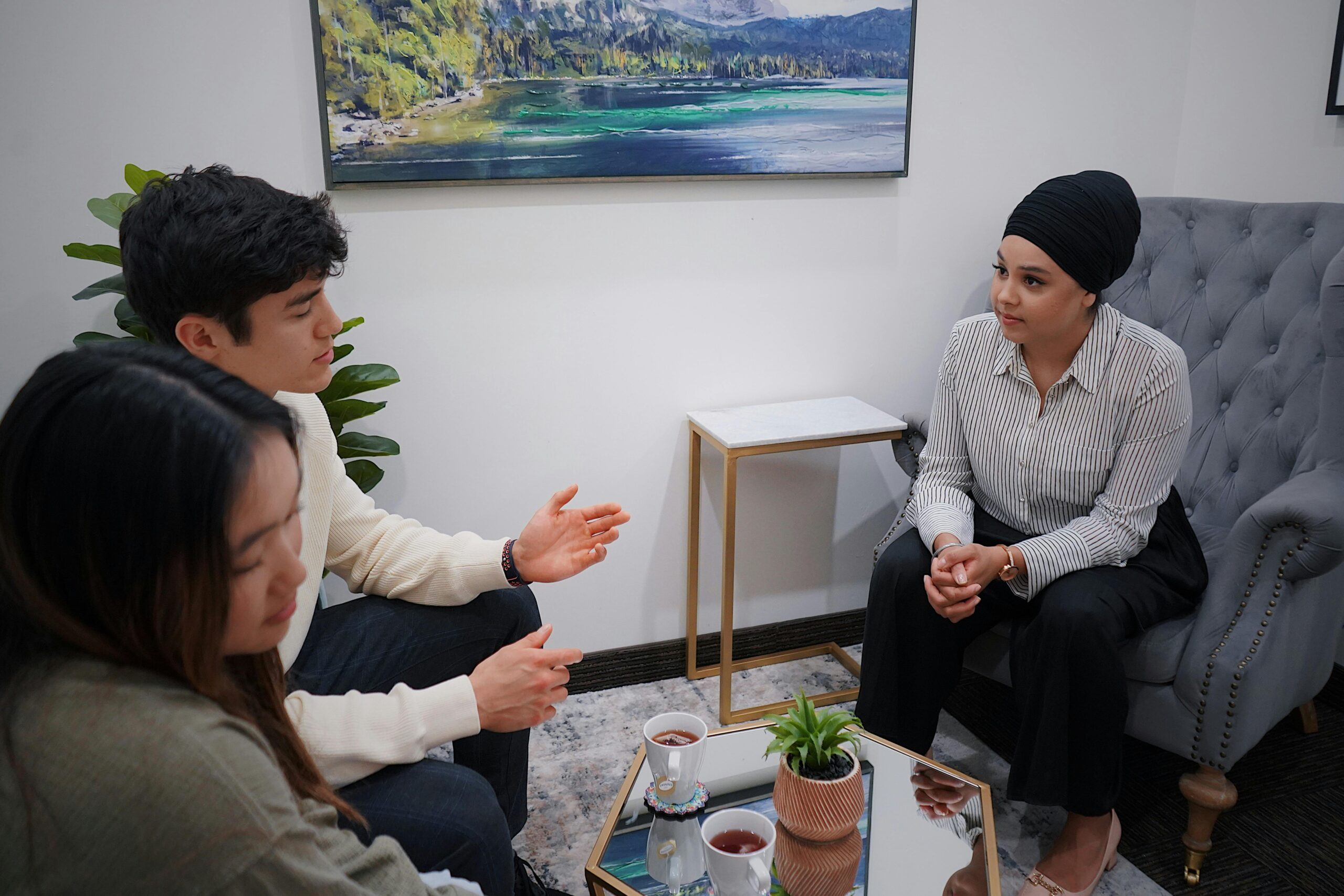Imagine standing at the crossroads of trust and doubt in a relationship, where every word and gesture begins to paint a confusing picture. It’s like a dance where the steps are out of sync, leaving you feeling adrift in a sea of mixed signals and unspoken truths. This is the delicate realm of deciphering deception in a relationship, a path that requires courage, empathy, and an open heart.
Here, we’re not on a quest to point fingers but to understand the subtleties that signal disconnects, helping us navigate the complex waters of emotional bonds. Join us as we gently peel back the layers of communication patterns and emotional responses, seeking understanding and clarity in the journey of relationships.
Signs of deception in a relationship
How we communicate:
Deception often starts with the delicacy of how we communicate. A partner who once shared their day’s stories enthusiastically might suddenly become withdrawn or vague. Pay attention to the details they share; are they consistent, or do they seem to weave a different narrative each time? It’s like watching a movie where the plot keeps changing; it leaves you confused and questioning reality.
Remember, it’s not just about what is said but also about what is left unsaid. Sudden reluctance to discuss certain topics, avoidance, or deflecting questions can be red flags. It’s as if the open book you once read together has some pages intentionally glued shut. With this, emotions soon begin to wither.
Emotional cues
Emotions are the language of our inner world, and when deception enters a relationship, this language often becomes disconnected by the second. You might notice an inconsistency between your partner’s words and their emotional expressions. For instance, reassurances of honesty might be delivered with an undercurrent of anxiety or guilt.
There’s a phenomenon psychologists refer to as “emotional leakage”—when suppressed emotions find their way out in unintended ways. It could be a flash of anger in a conversation that doesn’t warrant it or a sudden detachment when you expect warmth.
These emotional cues, often subtle, are like puzzle pieces that don’t quite fit into the picture of your relationship’s story. Via emotions, we mean that our bodies often speak the truths our words try to hide. Deception can manifest in physical cues like avoiding eye contact, increased fidgeting, or closed-off body language. It’s as if the body is unconsciously trying to shield itself from the falsehoods being told.
Deception doesn’t just affect the deceiver; it creates ripples in the emotional pond of the deceived. You might start to feel a growing sense of anxiety, confusion, or even self-doubt. It’s like walking in a fog; you know something’s off, but you can’t quite see what it is. Trust your instincts. If you consistently feel unsettled or uneasy, it could be a sign that something in the dynamics of the relationship needs attention.
Facing potential deception in a relationship is a delicate journey. It’s important to approach it with a balance of open-hearted communication and self-care. Encourage honest conversations, but also set boundaries to protect your emotional well-being. Seek support from trusted friends, family, or a professional counsellor.
Remember, you’re not alone in this. It’s a path paved with empathy, understanding, and, most importantly, a commitment to your emotional health and well-being. In the landscape of love and relationships, let honesty be your compass and trust be your guide.




